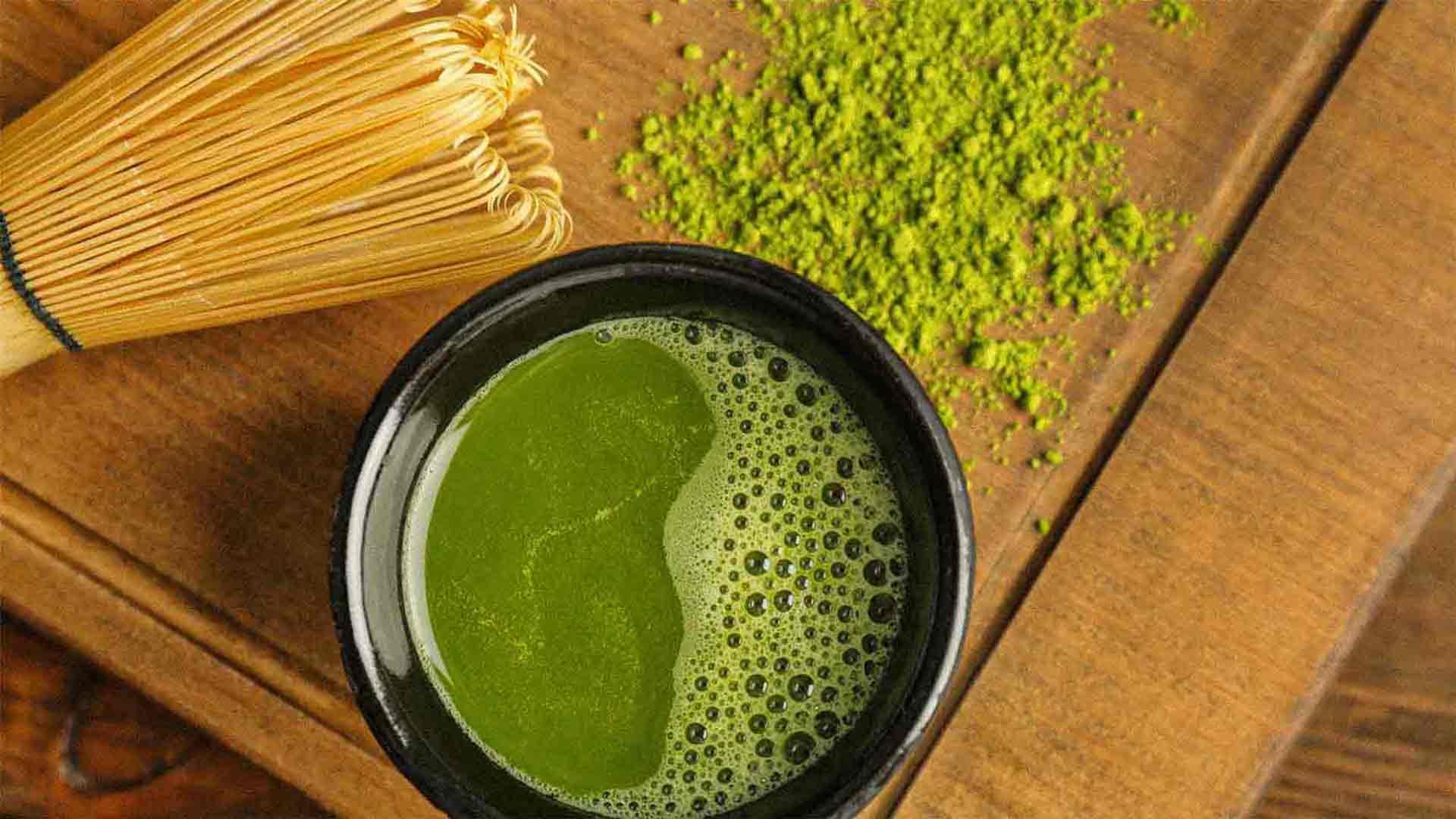Can you relate? You wake up and start powering through your day, and then suddenly, your productivity and motivation fades. You’ve hit the dreaded afternoon slump, so you reach for an energy drink to stay alert and finish the day. A lot of us do this, but is it healthy?
Sadly, most energy drinks are full of excess caffeine and sugar, both of which help boost energy temporarily but can have a negative impact on your health over time.1,2 Luckily, there are better options.
We asked our team of Dietitians and Nutritionists to share their recommendations. So rather than grabbing a cocktail of unhealthy ingredients, try one of these instead.
1) Water
Tannaz Vandaie, BSN
It may seem obvious, but the truth is, many of us don’t drink enough water. If you’re feeling lethargic, Tannaz recommends reevaluating your water intake. Water is essential to health. It supports important functions like digestion, fluid electrolyte balance, and joint health, but we’re constantly losing it through breathing, sweat, and urine. If you’re not replacing it as you go, it can lead to dehydration and have a big effect on your energy.
If you don’t think you’re drinking enough water, try taking a water bottle with you when you head out for the day. You may find it puts that spring back in your step.
2) Coconut Water
Gina Ailani, BSN
If you struggle with plain water and need some extra flavor, try coconut water. It’s lower in sugar compared to other fruit juices and includes antioxidants to boost energy. Coconut water is Gina’s favorite pick-me-up after a tough workout! It’s rich in electrolytes like magnesium and potassium and is a great option if you need to stay active and/or feel fatigued after exercise.
3) Beet Juice
Brooke Respondek, RDN
Drink your veggies? In this case – yes! Beets are loaded with antioxidants and health-promoting properties. Brooke recommends beet juice as a healthy alternative to boost energy for daily activities, and even to enhance athletic performance. Nitrites found in beets are converted to nitric oxide in the body, which helps support blood flow, energy, and endurance.
Brooke’s pro tip: add a splash of lemon juice for extra flavor.
4) Kombucha
Hayley Miller, RDN
Hailed as a drink to improve health, Kombucha is also Hayley’s favorite natural drink for energy. This fermented tea contains probiotics to support gut health and is packed with antioxidants and B-vitamins to help overcome that midday slump. Kombucha has some caffeine, so it’s better to drink it in the morning and reap the benefits throughout the day.
5) Coffee
Sonya Carbajal, BSN
Let’s be honest, we all love coffee to fuel energy. Thankfully, Sonya gives us the green light to stay loyal to our classic brew. It’s rich in antioxidants and can boost memory, mood, attentiveness, and overall mental function.3 But remember: More isn’t always better. Too many coffee refills can lead to jitters and nervousness or poor sleep. Also be mindful that what you add to coffee may outweigh its benefits. Instead of loading up on cream and sugar, try adding milk or using naturally sweet spices, such as vanilla extract, cinnamon or cocoa powder.
6 & 7) Green Tea and Matcha
Mackenzie Propheter, BSN & JoAnne Usdavin, MSN
Green tea and matcha are touted as among the healthiest drinks out there. Though differences in the way they’re grown and processed make them two separate teas, both share similar health benefits.4 Green tea and matcha are packed with antioxidants, support energy and help improve concentration and mood.5 If you’re like Mackenzie and prefer a light and mild flavor, choose green tea. If you’re like JoAnne and prefer a rich and intense flavor, try matcha.
JoAnne’s pro tip: Add some milk to make matcha latte. Delicious.
Gabby is a nutritionist with a master’s degree in strategic communications. She loves using her nutrition-fluency with storytelling to encourage positive change. Before Persona, she worked at a mental health clinic helping clients manage stress, anxiety and other mental health issues through diet.
Gabby is just one of Persona’s team of qualified nutritionists. Do you have questions about nutrition? Reach out. Our experts would love to help.

